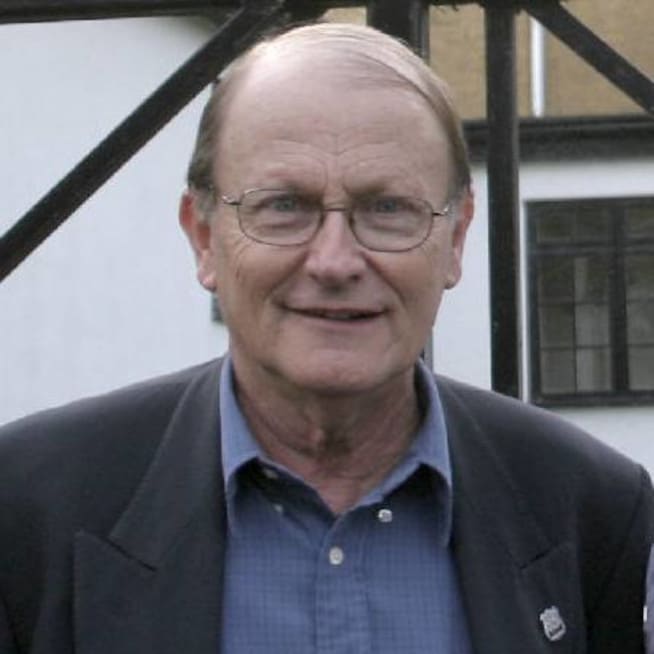Related Articles
The Global Impact of George Verwer
By David Greenlee and Greg Kernaghan | George Verwer, founder of Operation Mobilisation, passed away on April 14, 2023. His impact in global missions reverberated far beyond the boundaries of OM. God used him to help shape its multicultural and multinational the future.
Training Missionaries for Today’s World
We have laid down the principle that the missionary’s preparation must be commensurate with the task assigned. Further, we have defined the missionary’s task, pointing out its changeless as well as relative aspects. (Evangelical Missions Quarterly, Summer, 1965.) Thus we know the quality of men needed, and we now turn to the missionary’s preparation.
Why I have been weeping over the death of George Verwer
Are the values and assumptions of various cultures in conflict with adult learning principles, or are these principles culturally transferable?
Welcoming the Stranger
Presenter: Matthew Soerens, US Director of Church Mobilization, World Relief Description: Refugee and immigration issues have dominated headlines globally recently. While many American Christians view these…



